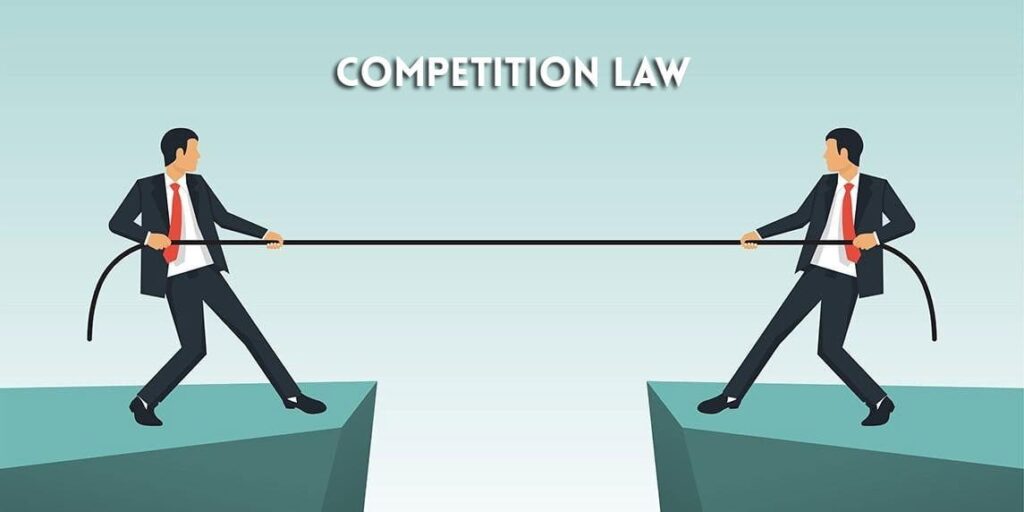Understanding Monopolies: Power vs. Abuse
Monopolies are not inherently illegal, but their existence often raises eyebrows—and for good reason. A monopoly’s ability to dominate a market can be beneficial when it drives innovation and efficiency. Yet, the same dominance becomes problematic when it is used to harm competition or exploit consumers. In this post, we’ll examine the legal thresholds for monopolistic behavior, explore how laws address such practices globally, and look at some real-world cases that show where the line is drawn.
A monopoly occurs when a company achieves significant control over a market, often to the point where competitors struggle—or outright fail—to survive. This dominance can arise naturally, such as when a company develops groundbreaking technology, or artificially, through practices like predatory pricing or exclusive contracts that lock out competition.
However, having market power isn’t unlawful on its own. The legal scrutiny begins when a company uses its dominance in a way that restricts competition or harms consumers. This distinction is critical to understanding the line between legitimate business success and antitrust violations.
The rules on monopolistic behavior vary across jurisdictions, but they share common objectives: to promote competition and protect consumers.

United States: The Sherman Act
In the U.S., the Sherman Antitrust Act is the cornerstone of anti-monopoly regulation. Section 2 specifically addresses monopolization, which involves:
- Possession of monopoly power in a relevant market.
- European Union: Article 102 TFEU
Willful acquisition or maintenance of that power, rather than through legitimate means like efficiency or innovation.
A prominent case is United States v. Microsoft Corp. (2001), where Microsoft was accused of maintaining its monopoly in operating systems by bundling Internet Explorer with Windows, effectively shutting out competitors.
In the EU, Article 102 of the Treaty on the Functioning of the European Union prohibits the abuse of a dominant position. The focus here is often on consumer welfare, and practices like imposing unfair pricing, limiting production, or refusing market access can trigger legal action.
A notable case is the EU’s investigation of Google for favoring its own shopping service in search results, leading to a record €2.4 billion fine in 2017.
When Does a Monopoly Become Harmful?
When Does a Monopoly Become Harmful?
Legal intervention usually occurs when monopolistic behavior leads to:Consumer Harm: Higher prices, reduced quality, or limited choices.
Barriers to Entry: Practices that prevent new competitors from entering the market.
Market Distortion: Actions that disrupt the natural balance of competition, such as exclusive agreements or tying arrangements.
Lessons from Landmark Cases
(i) Standard Oil Co. of New Jersey v. United States (1911)
This case set a historical precedent in antitrust law. Standard Oil was found to have used predatory tactics to eliminate competition, leading to its breakup into smaller companies.
(ii) Google (EU, 2017-2021)
Google faced multiple fines for practices like favoring its services in search results and limiting competition in its Android operating system. These cases highlight the challenges of regulating digital markets.
_________
Monopolies can stifle innovation, increase consumer costs, and limit market diversity. By enforcing antitrust laws, regulators aim to strike a balance between encouraging business success and maintaining fair competition.
For businesses, understanding these laws is crucial. Success achieved through innovation and efficiency is celebrated, but crossing the line into abusive practices can lead to fines, reputational damage, and even corporate restructuring.
Monopolies represent one of the most fascinating tensions in modern economies. They challenge us to think critically about the balance between rewarding success and protecting competition. As markets evolve, especially in the digital age, the legal frameworks surrounding monopolies will continue to be tested and refined.
Would you like to see how monopolistic practices are evolving in emerging markets or digital industries? Let us know your thoughts in the comments!

